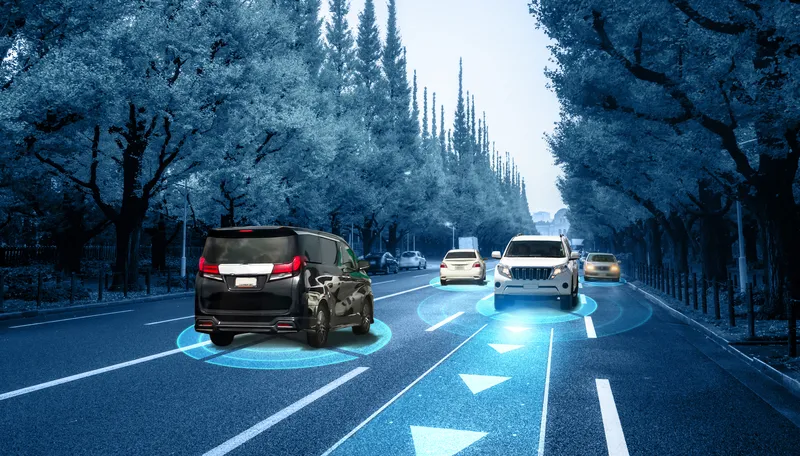
ITS America has welcomed the US National Highway Traffic Safety Administration (NHTSA)'s publication of the initial round of data it has collected on the safety performance of advanced driving technologies.
The automated technologies include driver-assist for human drivers as well as driverless systems - and detail crashes which automakers and operators have reported to NHTSA since June 2021.
NHTSA has released summary reports for SAE Level 2 advanced driver assistance systems and SAE Levels 3-5 automated driving systems (ADS) - and has pledged to release data updates monthly from now on.
"We continue to advance the research, development, and deployment of these critical safety technologies, particularly given the record number of crashes fatalities on US roads," said Laura Chace, president and CEO of ITS America.
"We look forward to working with federal leaders to advance these innovations as part of a safe systems approach toward zero deaths.”
NHTSA says it is part of its commitment to "transparency, accountability and public safety".
“New vehicle technologies have the potential to help prevent crashes, reduce crash severity and save lives, and the Department is interested in fostering technologies that are proven to do so; collecting this data is an important step in that effort," said NHTSA administrator Dr. Steven Cliff.
"As we gather more data, NHTSA will be able to better identify any emerging risks or trends and learn more about how these technologies are performing in the real world.”
There are limitations to the data and it cannot be used to compare the safety of manufacturers.
Of the 130 reported crashes for ADS-equipped vehicles, 108 involved collisions with another vehicle, and 11 involved a vulnerable road user, such as a pedestrian or cyclist.
For vehicles with SAE L2 ADAS, alleged serious injuries or a fatality occurred in 11 of the 98 crashes where information on injuries was reported. Of the reported crashes for SAE L2 ADAS, at least 116 of the collisions were with another vehicle, and at least four involved a vulnerable road user.








